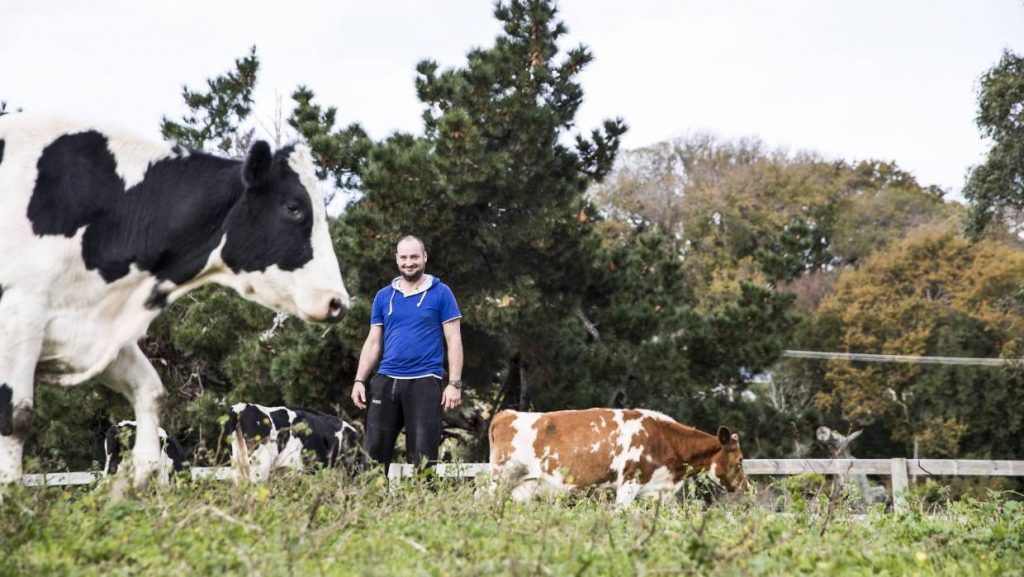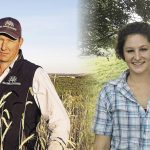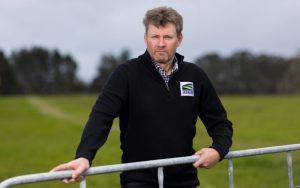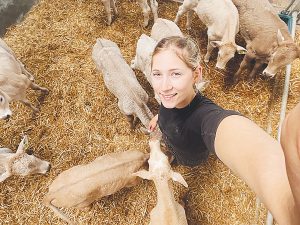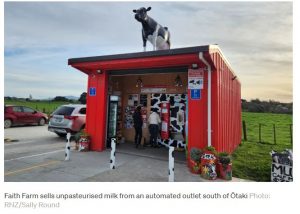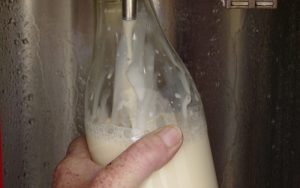
Journey to taste a glass of raw milk
Raw footage of reporter Rob Stock’s journey west from Auckland to taste his first glass of raw, untreated milk.
Last week, Ministry for Primary Industries compliance staff executed search warrants at raw drinking milk suppliers in Auckland, Hawkes Bay, Manawatu, Horowhenua, Nelson, and Southland following a year-long operation.
MPI’s manager of food compliance Melinda Sando said the purpose of the visits was to gather evidence of regulation breaches and to allow further investigation of non-compliant raw milk sales.
Ratabank Farms, north of Nelson, was one of those affected by the MPI operation, with its fresh milk business shut down on December 3.
Laura’s Dairy providing raw milk
Laura’s Dairy is a small scale dairy farm in Charteris Bay, selling raw milk from a gate stall in Orton Bradley Park.
“We believe that the suppliers we visited … are operating outside of the regulatory framework. By not adhering to the rules for selling raw drinking milk, they are putting consumer health at risk,” Sando said.
“All operations that were visited were unregistered which is why they were directed to stop selling raw unpasteurised milk until they become registered and therefore compliant.”
Sando said MPI was aware of reports of illness associated with Nelson-based unpasteurised drinking milk suppliers, but did not elaborate further on the source.
https://www.facebook.com/luke.king.nz/posts/10221570496311741
From March 1 2016, the sale of raw drinking milk was regulated under the Raw Milk for Sale to Consumers Regulations 2015.
This meant that farmers who sell raw drinking milk to consumers needed to register with MPI, follow hygiene rules when harvesting, bottling, storing and distributing the milk, frequently test their milk, and keep contact details for their customers so they can be contacted in case harmful bacteria is found in their milk.
Ratabank Farms representatives did not respond to questions from Stuff. But on its Facebook page owner Luke King said last week it did not sell raw milk to the public, but rather provided milk to shareholders in its farming partnership in return for a payment to cover costs.
“At this point, all the rights of our shareholders are being violated because they are not able to access their products,” King posted. In reply to a question he said he would be fighting the MPI decision.
King said the farm carried out regular testing, had strict procedures and and had not had contamination in its milk.
The Ratabank Farms page says anyone can join the partnership. There was no cost to join and no on-going fees. “The payment you make covers the cost of looking after the cows, milking and plant running costs,” it says.
Takaka-based Village Milk is a registered raw milk supplier. Managing director Richard Houston said it appreciated that MPI was “just doing their job at the end of the day” in carrying out the recent compliance raids.
However, as a company that had followed government regulations “to the letter”, including high levels of documentation and costly testing to ensure suppliers met raw milk standards, he hoped that providing a better quality product would soon allow easier access for customers.
“As much as MPI are cleaning up the ones who aren’t doing it properly – and I’m not saying that Ratabank weren’t – it’d be nice for them to recognise the effort that everyone is putting in and what we’re getting out of that.
“It’s all about getting the milk to the people that want it – why make 100 people drive from Takaka out to our farm when if MPI could recognise our milk was safe they should make it a bit easier for our customers and not such an expensive and tiresome effort to go and find it?”
He said the company provided a product “straight from the cow to the dispenser” which consumers were then able to purchase from their farms.
“As soon as you pasteurise it you get rid of all the good stuff – we have procedures and methods that we follow every day to ensure it’s safe – the people that come and get it are after the probiotics and positive bacteria, the good healthy bits that are in raw milk.”
